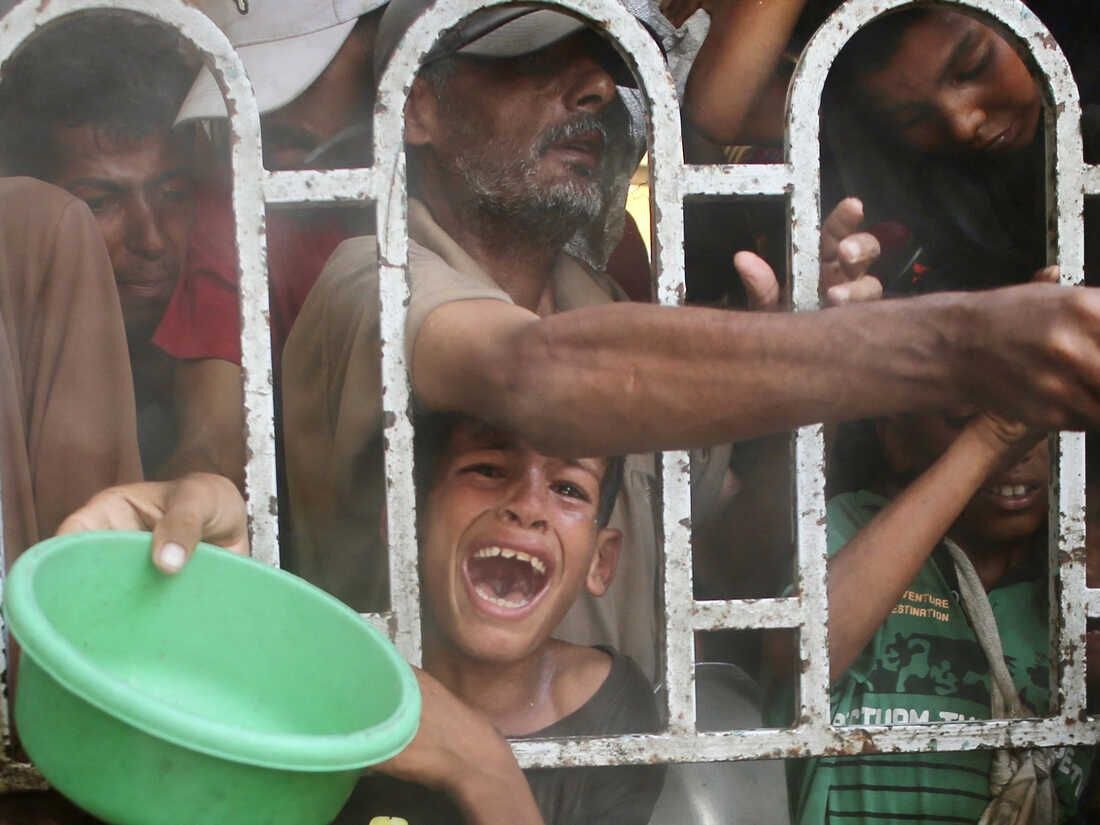EU lawmakers call for sanctions as Gaza starvation deepens: Will Europe follow through?

TEHRAN- The continuing humanitarian disaster in Gaza has sparked a considerable political response from European Union (EU) legislators; however, the overall EU and Western response is still disjointed, late, and terribly weak.
According to a report from Euronews on July 29, a group of 40 cross-party MEPs have called for EU sanctions on Israel, particularly suspension of the EU-Israel trade agreement and more sanctions for the "atrocities" and severe humanitarian crimes committed in Gaza.
Condemnation of Israel and calls for accountability
This coalition condemns Israel for “blatantly breaching the Geneva Convention and international humanitarian law,” while urging Hamas to release Israeli captives.
They warn, “Future generations will judge today’s leaders on their response, or lack thereof, to the atrocities in Gaza. Failing to act now will be remembered as a moral stain on humanity,” continuing that “The time for moral cowardice is over, and action must be swift” and that “mere words of condemnation are inadequate”.
However, this sharp political statement contrasts starkly with the institutional inertia and division visible within the EU. As of July 30, 2025, EU member states have failed to reach a consensus on suspending Israel’s access to the Horizon Europe research program, a move proposed by the European Commission as a first step towards sanctioning Israel for its role in creating famine-like conditions through its blockade of Gaza.
Some countries, notably Germany, Hungary, Austria, and the Czech Republic, have blocked or delayed decisive action on suspension, reflecting deep political fault lines that undermine a unified response. Such half-measures underline the EU's reluctance to exert full political and economic pressure despite mounting evidence of mass starvation and civilian deaths.
Dire humanitarian realities behind political hesitation
The humanitarian reality is dire. UN-backed organizations report that over 1,060 Palestinians have been killed trying to access food aid between late May and July, and child malnutrition rates have nearly quadrupled in Gaza’s besieged population.
The UN and humanitarian agencies have repeatedly described the starvation and lack of medical supplies as catastrophic, warning that without immediate and unimpeded humanitarian access, famine will deepen and death tolls will soar.
The European Commission’s limited proposal targets restricting Israeli startups’ access to accelerator grants in Horizon Europe—an action widely recognized as symbolic and insufficient—failing to address trade relations or more impactful economic ties.
Meanwhile, the EU continues to uphold preferential trading status and limited cooperation agreements with Israel despite clear violations of Article 2 of the EU-Israel Association Agreement concerning human rights.
Frustration and calls for a decisive response
Critics within the European Parliament express deep frustration with this paralysis. MEP Evin Incir said, “Our concerns are directed at both the European Commission and EU member states, who all need to be more decisive in their response to the unfolding humanitarian crisis”.
Yet the reluctance to impose concrete sanctions reveals a political calculus prioritizing economic interests, diplomatic considerations, and internal divisions over urgent humanitarian needs and legal obligations. This delay, in the face of escalating starvation, deaths, and destruction, amounts to complicity through silence and inaction.
Western governments beyond the EU mirror this hesitancy. While the UK and some allies have taken limited steps such as travel bans on far-right Israeli ministers, most Western governments remain entrenched in cautious rhetoric, calling for ceasefires and aid deliveries without pressing for enforceable sanctions or accountability.
This approach starkly contrasts with urgent warnings from humanitarian organizations describing the crisis as “inhumane and utterly preventable” if aid were allowed unimpeded access.
Moral bankruptcy and the risk to international credibility
The international organizations are a textbook example of paralysis. Despite repeated statements condemning civilian deaths and starvation, binding action is frequently blocked or watered down in bodies like the UN Security Council, thus impeding the enforcement of international law or putting genuine pressure on Israel to fully lift the blockade.
The slow EU movement towards symbolic sanctions, internal divisions, and a failure to leverage truly potent means of economic pressure stands in deep moral contrast to the rhetoric surrounding human rights and international justice.
As the cross-party MEP statement powerfully states, the world is confronting a "moral stain" by continuing silence and inaction while the population of Gaza is subjected to famine and an increasing death toll.
There will be no resolution to this humanitarian disaster, and the position of the EU, its states, Western governments, and international actors of defenders of international law and human dignity will be beyond repair, unless decisive, serious, and joint action is taken quickly.
Leave a Comment